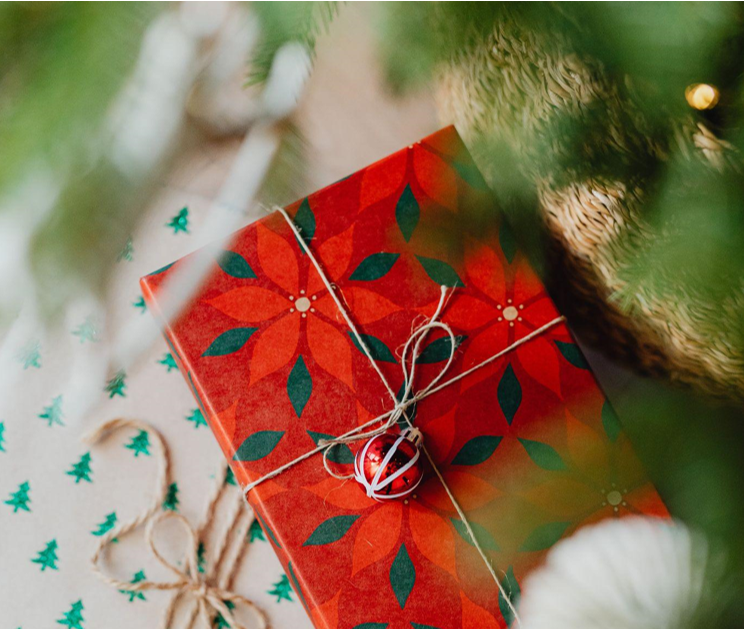History of Twelfth Night
Twelfth Night is a holiday celebrated on the evening of January 5th or the evening of January 6th, also known as Epiphany. It marks the end of the Twelve Days of Christmas and the beginning of the new year. It has been celebrated for centuries in many parts of the world, particularly in England and other Western European countries.
The history of Twelfth Night dates back to the medieval period when the church celebrated the Epiphany with a religious feast. With time, Twelfth Night evolved into a more secular and festive celebration, with people singing carols, dancing, and exchanging gifts. In some cultures, it is traditional to bake a Twelfth Night cake, which contains a hidden bean or coin, and the person who finds it is proclaimed the king or queen for the night.
Twelfth Night Celebrations Today
Today, Twelfth Night is still celebrated in many countries worldwide, including the UK, France, Spain, Italy, and Mexico. The festivities include parades, processions, and parties, often featuring live music, dance performances, and theater productions.
One of the most popular forms of Twelfth Night entertainment is the ballet. Many ballet companies stage productions of Tchaikovsky’s famous ballet, The Nutcracker, which tells the story of a young girl’s magical Christmas Eve adventure. The ballet features beautiful music and dazzling choreography and is loved by audiences of all ages.
Another popular Twelfth Night activity is attending a concert or orchestra performance. Many symphony orchestras perform special holiday concerts featuring Christmas carols and other festive music. These performances are often held in grand concert halls, adding to the positive atmosphere of the occasion.
In addition to live performances, there are many other ways to celebrate Twelfth Night at home. Families can bake traditional Twelfth Night cakes, decorate their homes with Twelfth Night decorations like holly and ivy, or participate in other Twelfth Night activities like wassailing, a conventional English custom in which people go door-to-door singing carols and sharing mulled cider.
In conclusion, Twelfth Night is a festive time full of ballet, concerts, and orchestra performances that celebrate the end of Christmas and the beginning of a new year. Whether attending a live performance, baking a Twelfth Night cake, or participating in another holiday tradition, Twelfth Night is a time for celebration and joy.

